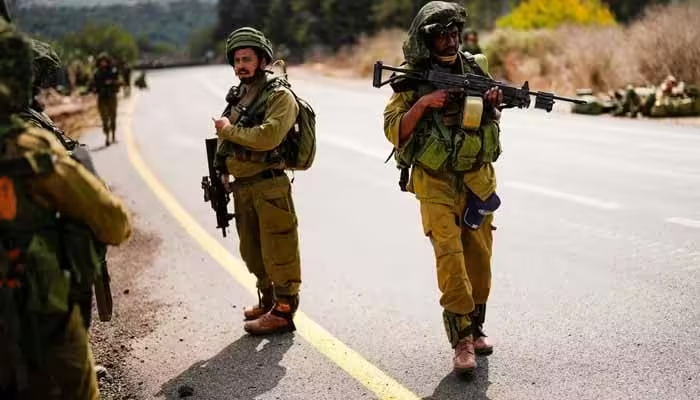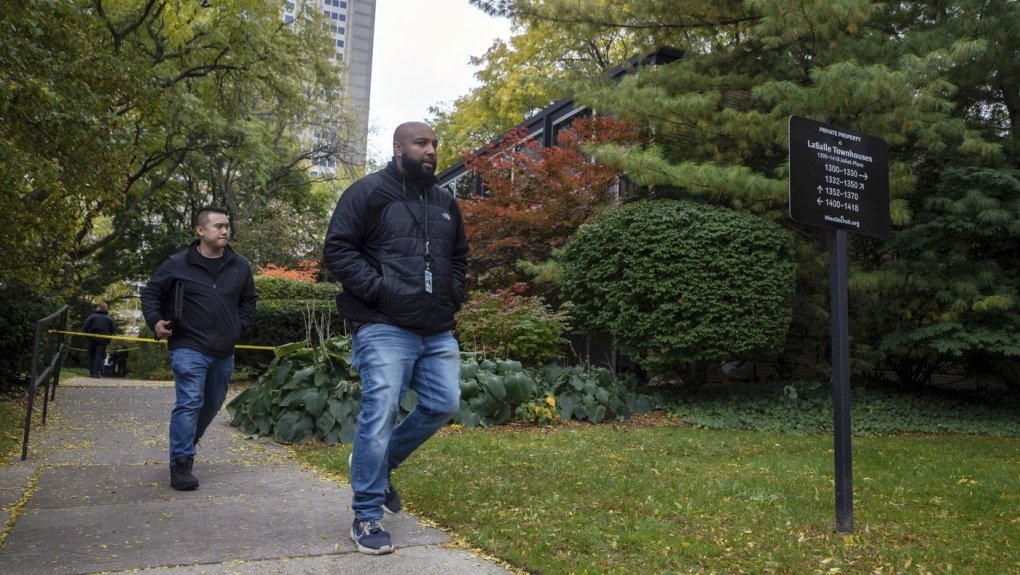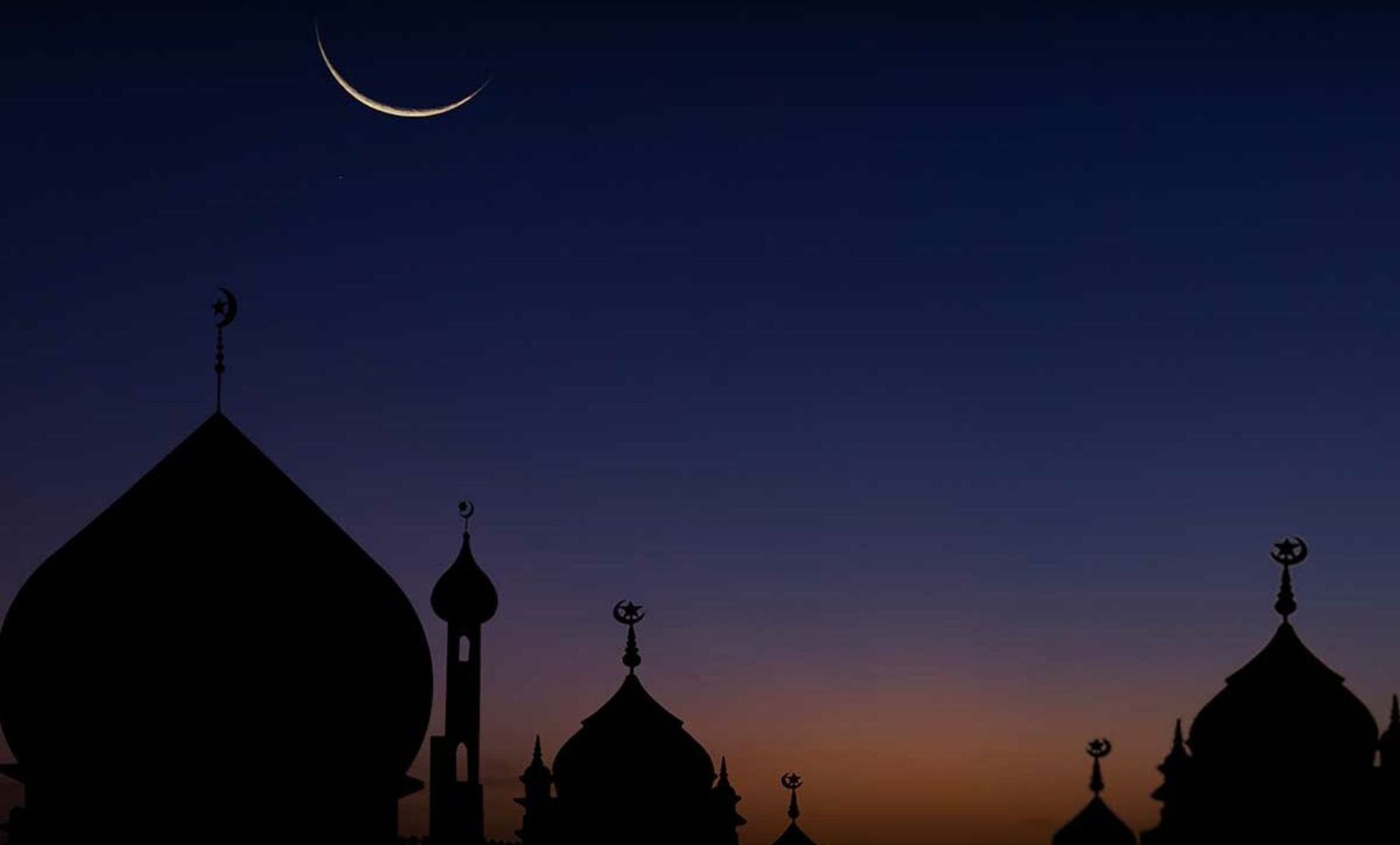The conflict between Israel and the Lebanese resistance organization Hezbollah has intensified, with the Israeli army claiming to have martyred three senior commanders and 70 operatives of Hezbollah in the past 48 hours. These developments mark a significant escalation in the ongoing hostilities, as both sides continue to exchange deadly strikes, further fueling tensions in the already volatile region.
Israeli Airstrikes in Southern Lebanon
According to a report by CNN, the Israeli army issued a statement confirming that the three Hezbollah commanders were killed during extensive bombing campaigns in southern Lebanon. These commanders were reportedly responsible for orchestrating multiple rocket and missile attacks aimed at Israeli civilian areas, making them key figures in Hezbollah’s military operations. The targeted airstrikes are part of Israel’s broader military strategy to weaken Hezbollah’s infrastructure and disrupt its command chain.
The Israeli army further claimed that the commanders were operating from positions in southern Lebanon, an area that has been a stronghold for Hezbollah forces for years. The airstrikes were designed to incapacitate Hezbollah’s leadership in the region and undermine its ability to launch further attacks on Israel. However, the details surrounding the exact locations of these strikes and the circumstances of the commanders’ deaths remain unclear.
Hezbollah’s Silence on Casualties
Despite Israel’s claims, Hezbollah has not yet released an official statement confirming the martyrdom of its commanders or operatives. Historically, Hezbollah has been reserved in publicly acknowledging its losses, often releasing statements only after a thorough assessment of the damage. This silence from Hezbollah has left some questioning the accuracy of Israel’s figures, although the group has previously lost senior leaders and commanders in Israeli operations.
This latest escalation follows a pattern of tit-for-tat violence between Hezbollah and Israel, with both sides suffering casualties. In recent weeks, Hezbollah has intensified its attacks on Israeli positions, while Israel has responded with a series of airstrikes aimed at decimating Hezbollah’s operational capabilities.
The Broader Context of the Conflict
Hezbollah, a powerful Shiite militant organization based in Lebanon, has been a long-time adversary of Israel. The group, which is supported by Iran, has consistently clashed with Israeli forces, particularly along the Lebanon-Israel border. Since its inception, Hezbollah has been a formidable resistance force against Israeli incursions, earning a reputation for its military prowess and its ability to wage asymmetric warfare.
Israel, for its part, views Hezbollah as one of its most significant threats in the region. Hezbollah’s vast arsenal of rockets and missiles, coupled with its proximity to Israel’s northern border, makes it a constant concern for Israeli security forces. Over the years, Israel has conducted numerous military operations aimed at weakening Hezbollah, but the group has managed to maintain its influence and military strength in Lebanon.
Recent Developments in the Conflict
The recent wave of violence is part of a broader conflict that has seen both Israel and Hezbollah suffer heavy casualties. Hezbollah has claimed responsibility for a series of rocket and missile attacks on Israeli positions, prompting Israel to launch retaliatory strikes. In the last week, Hezbollah has claimed to have killed 70 Israeli soldiers, although Israel has disputed these figures.
In addition to the deaths of its commanders, Israel has also claimed that it killed around 70 Hezbollah operatives in airstrikes and ground operations in southern Lebanon over the past two days. The Israeli army described these operatives as key fighters involved in the group’s attacks on Israel. However, like with the deaths of the commanders, Hezbollah has yet to confirm or deny these claims.
Hezbollah’s Response and Future Escalations
Although Hezbollah has not issued an official response to Israel’s latest claims, the group’s leadership is likely to address the matter in the coming days. If the deaths of senior commanders are confirmed, it could provoke a strong retaliation from Hezbollah, potentially escalating the conflict further.
The group’s leader, Hassan Nasrallah, and other high-ranking officials have been vocal in their condemnation of Israel’s actions, vowing to continue their resistance. Hezbollah has a history of retaliating against the killing of its commanders, and this incident could lead to increased rocket and missile attacks on Israeli targets.
The Regional Impact
The ongoing conflict between Israel and Hezbollah has broader implications for the region. Lebanon, already grappling with a severe economic crisis, has been further destabilized by the conflict. The violence has also drawn the attention of neighboring countries, some of which have expressed concern over the potential for the conflict to spill over into their territories.
Iran, a key ally of Hezbollah, has also condemned Israel’s actions and reaffirmed its support for the group. As tensions between Israel and Iran continue to simmer, Hezbollah’s role as a proxy force in the region becomes even more significant.
As the conflict between Israel and Hezbollah rages on, the death of senior Hezbollah commanders marks a significant development in the ongoing hostilities. While Israel claims to have dealt a major blow to Hezbollah’s leadership, the lack of confirmation from the group leaves many questions unanswered. With both sides showing no signs of backing down, the situation in southern Lebanon remains tense, and further escalations are likely.



